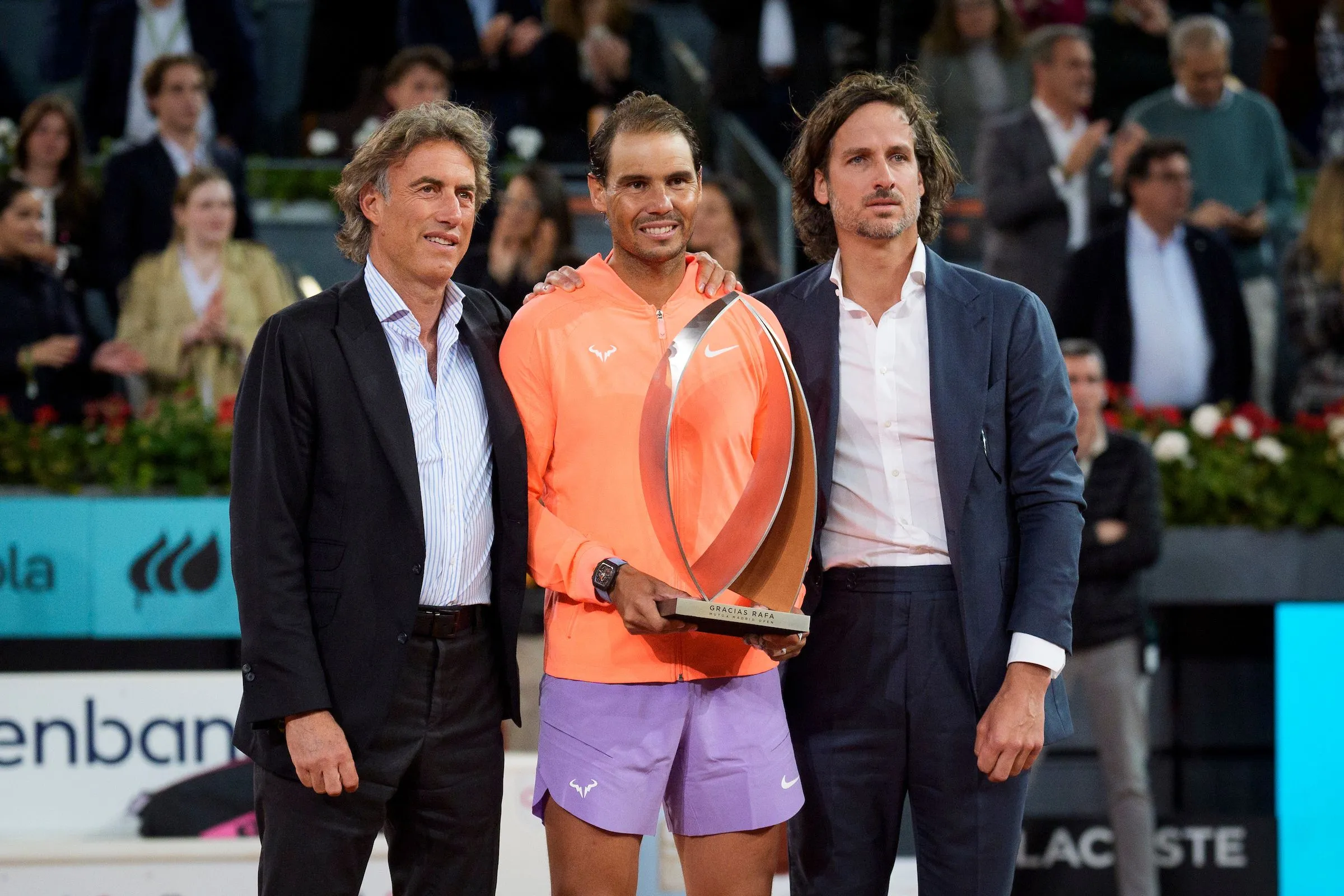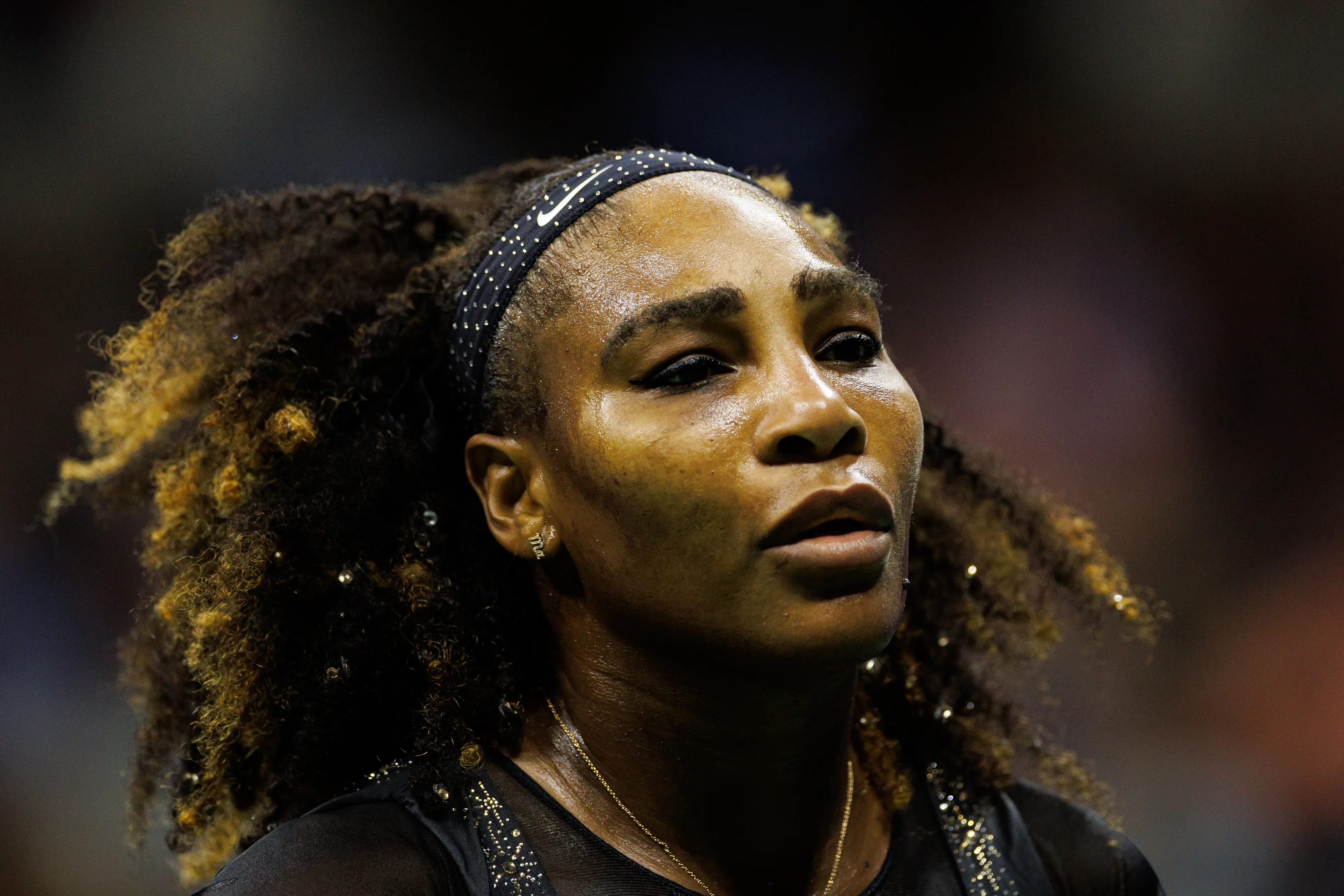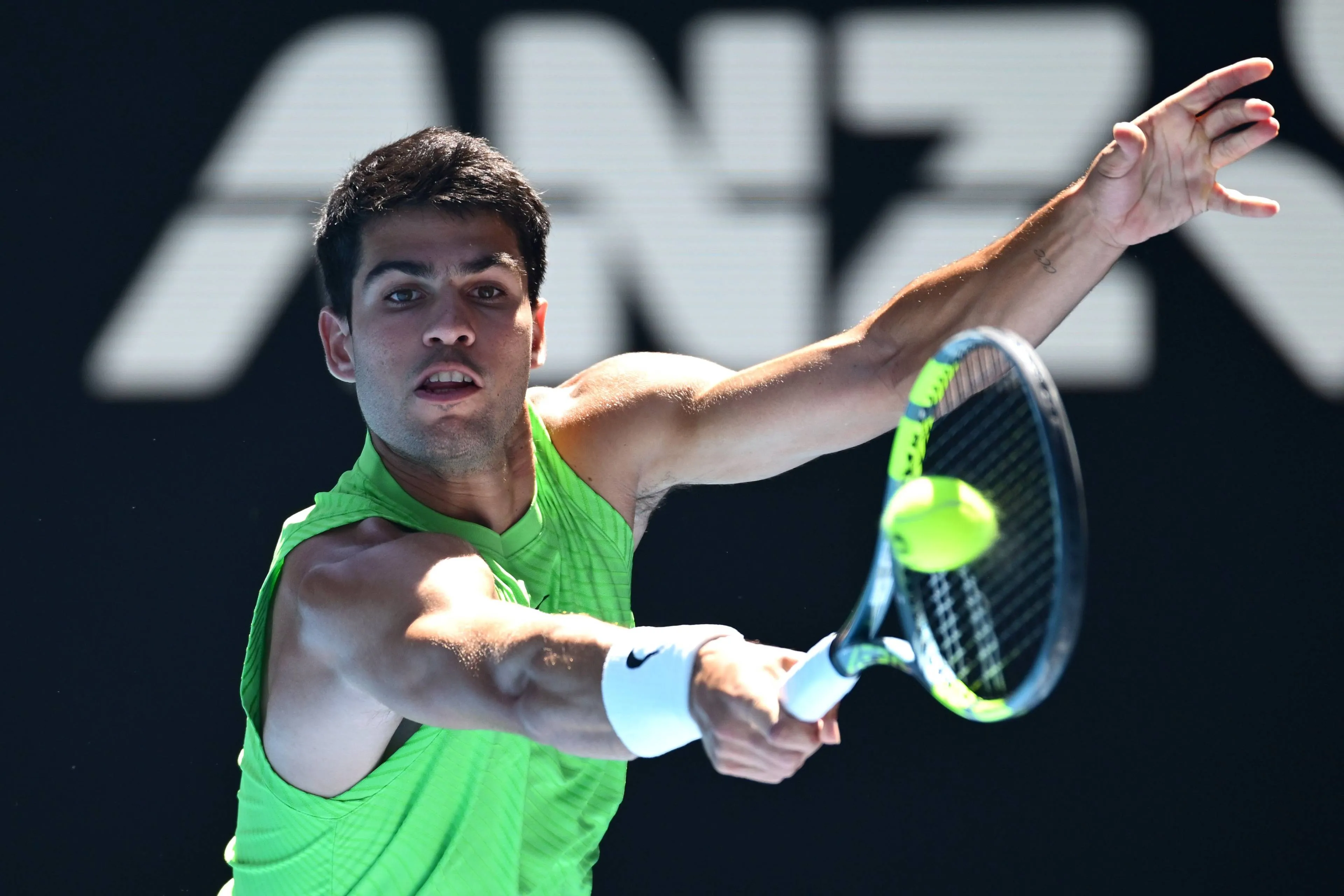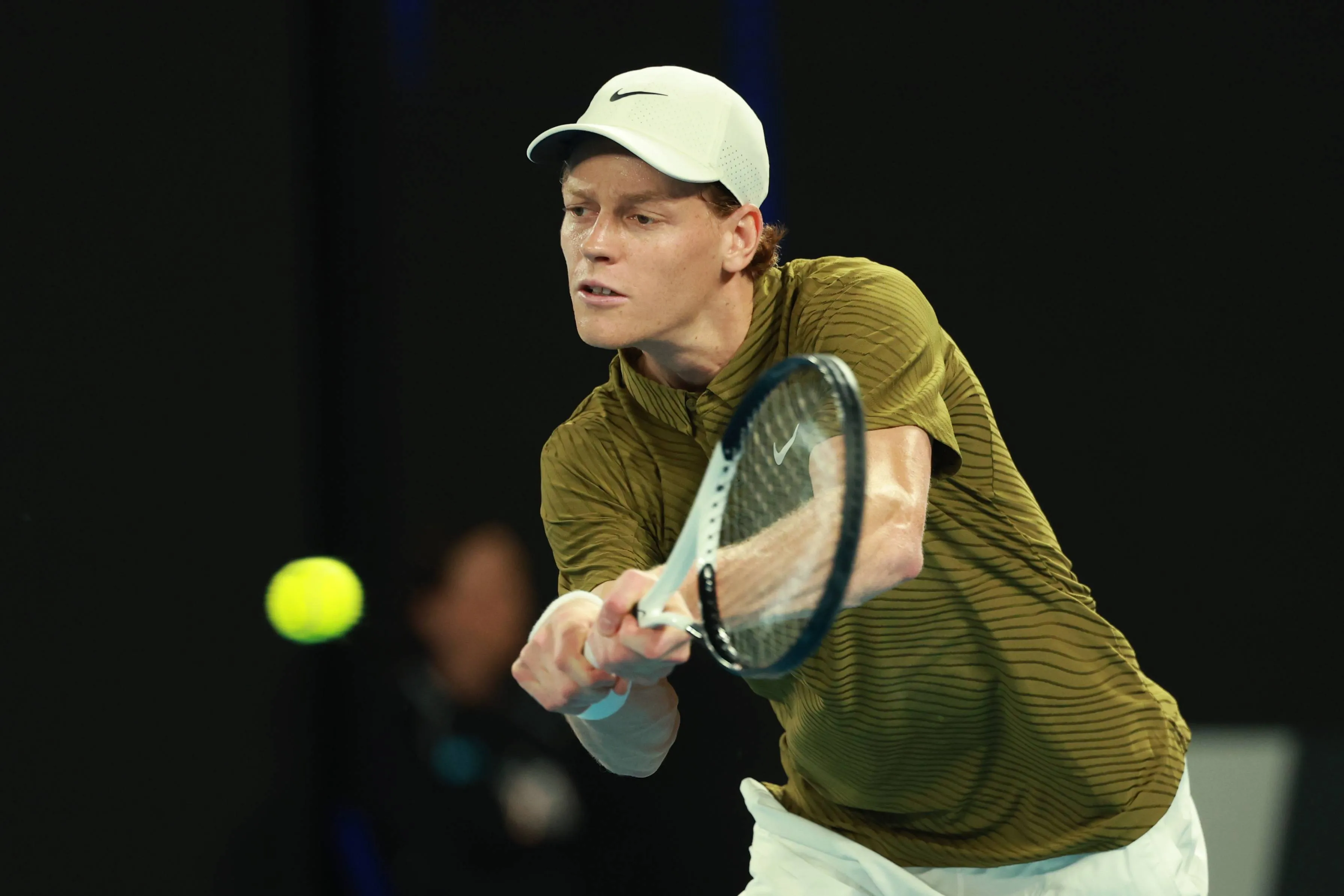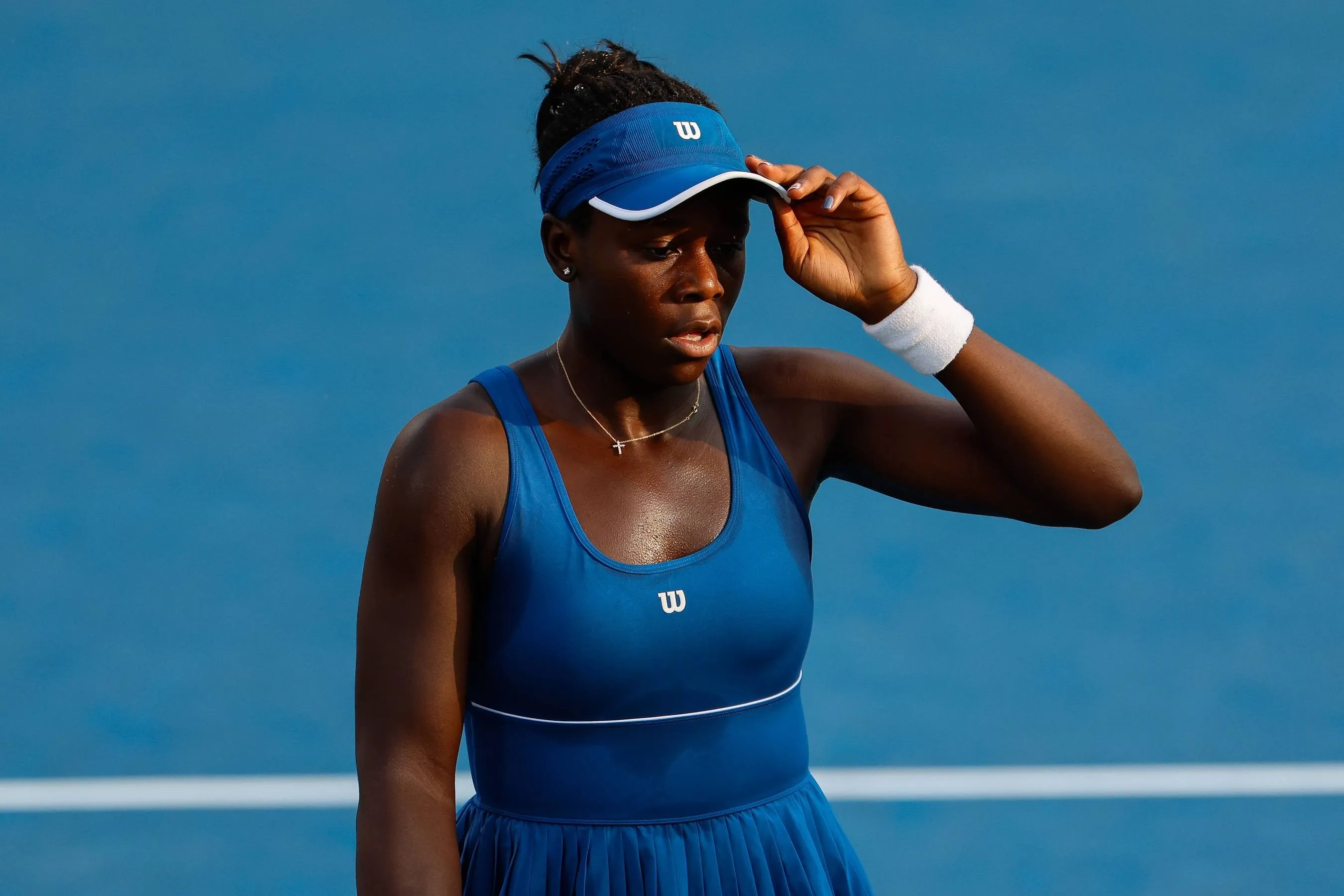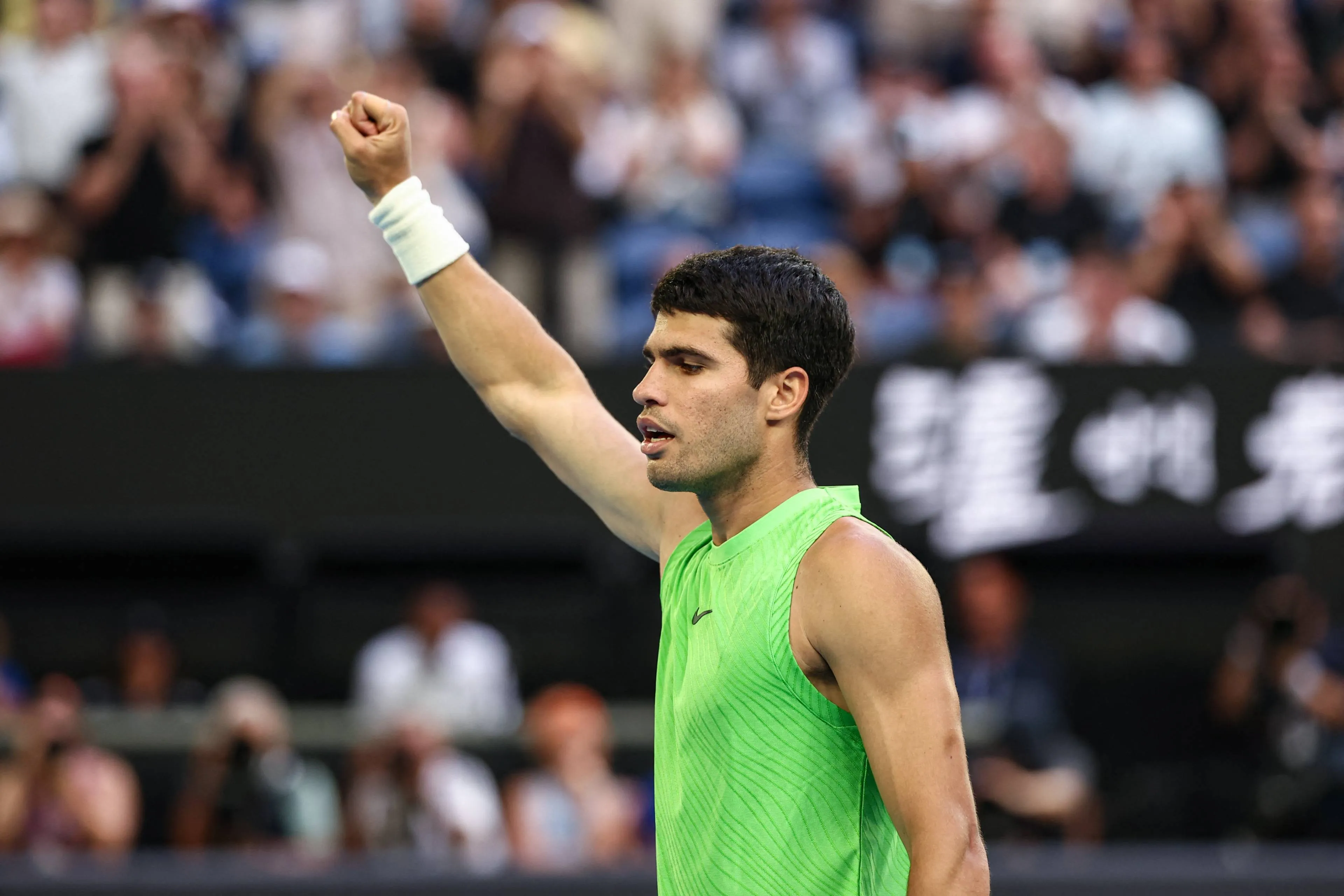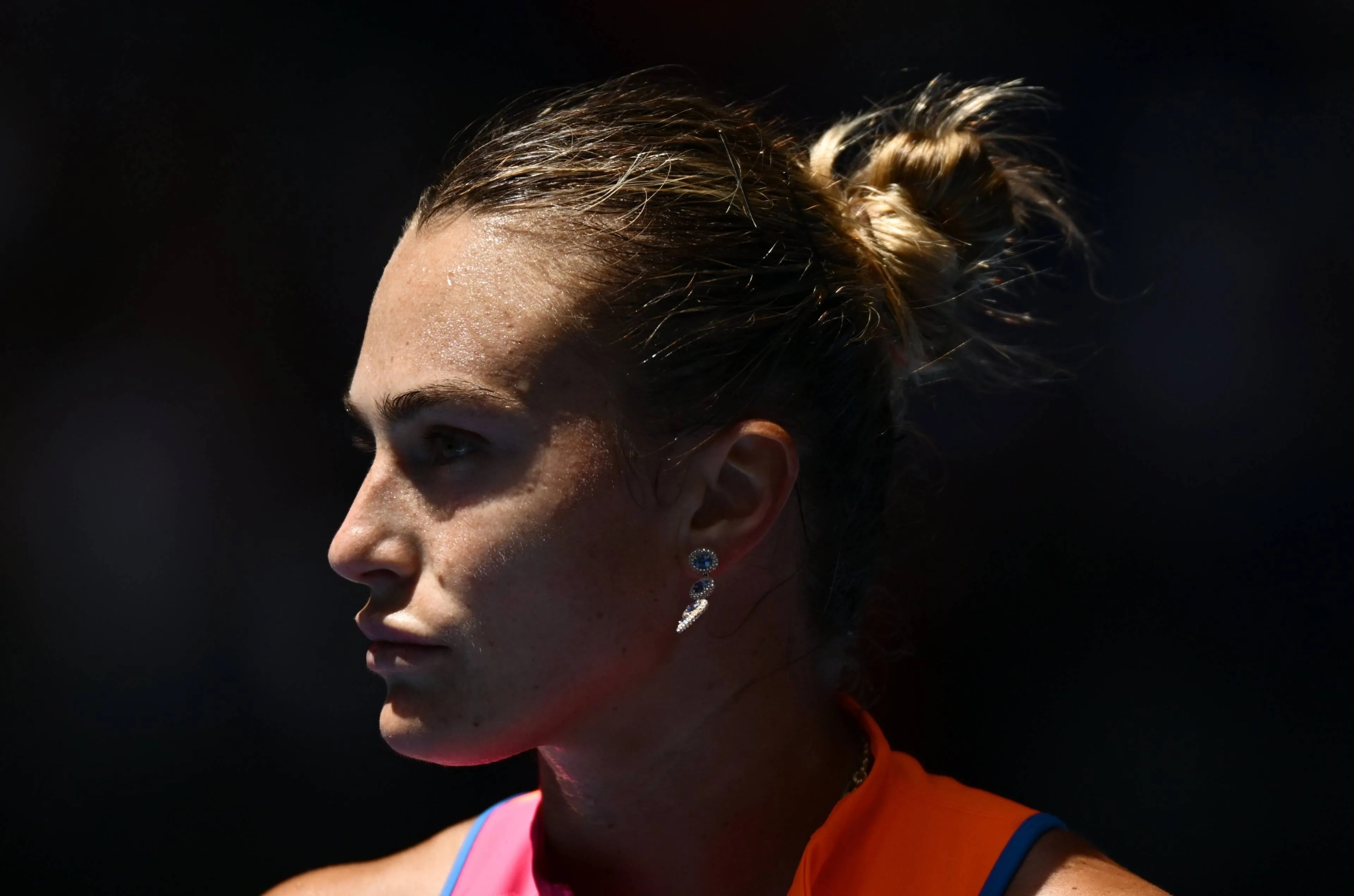'For Players It's Not Easy': Rybakina Against New Two-Week Format Of Mandatory Events
WTAThursday, 02 May 2024 at 21:30
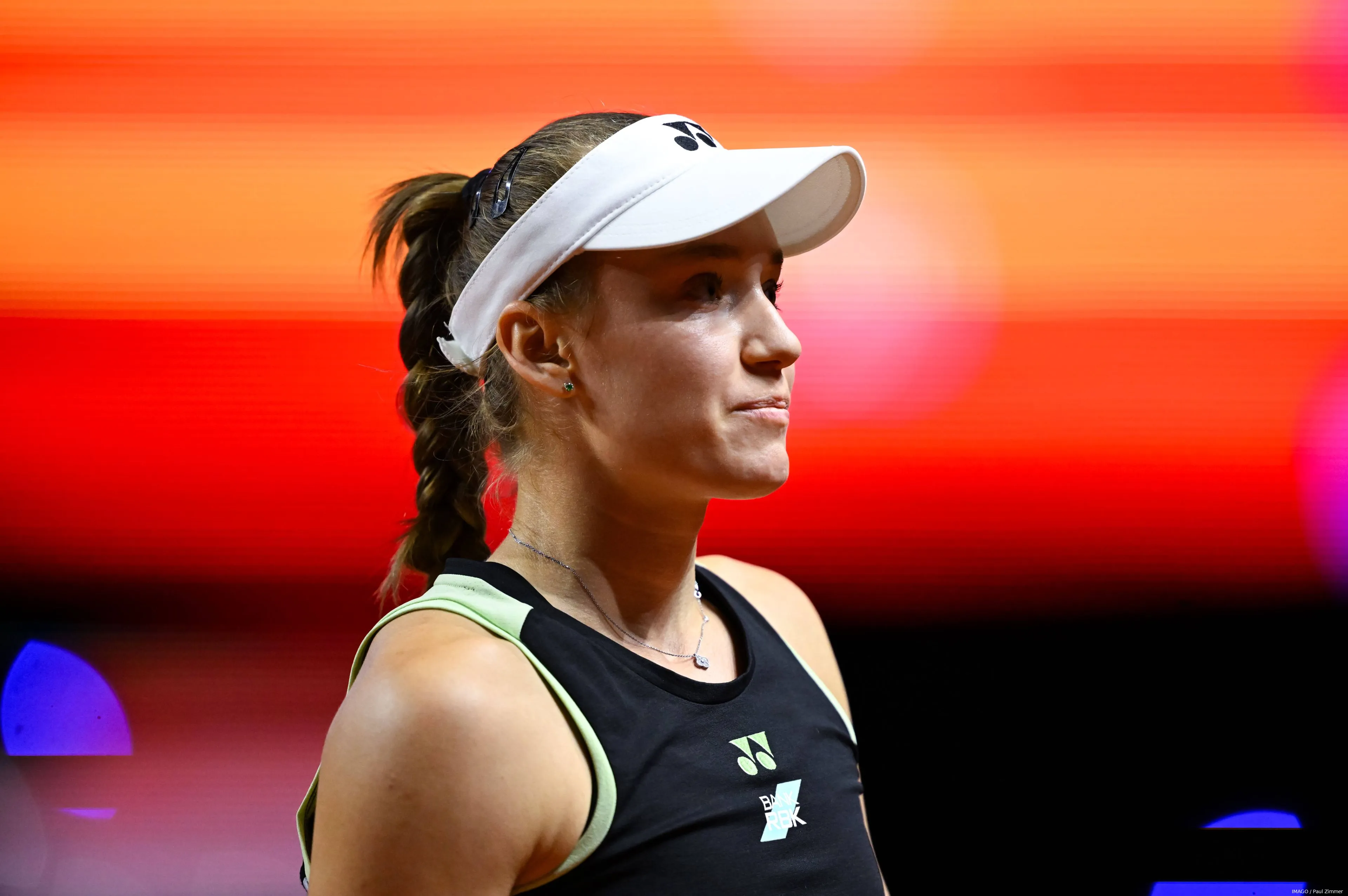
Elena Rybakina is not a fan of the new two-week format of mandatory tournaments like the Madrid Open and made her feelings known in the aftermath of her marathon quarterfinal win.
Rybakina was pushed to her limits by Yulia Putintseva but snatched victory from the jaws of defeat. The 24-year-old prevailed in the all-Kazakh battle against the fiery and energetic Putintseva, saving two match points deep in the third set.
She raced to win five straight games from 2-5 down. After the match, Rybakina told reporters that she played without emotions, having accepted her fate when she was worn out from playing through the entire week and being entangled in a near-three-hour match.
"Well, honestly, I wouldn't say that it's a good thing (playing without emotion) because I think it's nice when you are always hungry to win, when you really want to do your best. But when you are already at the point where you are so tired that at 5-2, you're just, okay, if I'm going to lose, I'm going to have some vacation, because the next tournament is coming."
Rybakina becomes the second WTA player after Caroline Garcia to speak against the extension of mandatory tour-level tournaments, such as the Madrid Open and the Italian Open, to run for two weeks.
Read also
Aside from sucking the emotions out of players, the former Wimbledon champion explained that the brutal schedule, which means that players have to commit a minimum of four weeks if they go deep in those two tournaments, will eventually result in burnout and low-quality matches.
"This is what I was trying to say about the tour that I think for the players that's not the best. If you want to see good quality of tennis, if you want to see players play long their career, not finish early maybe as Ash (Ashleigh Barty) did, I think, in my opinion, it would be nice to change something. Of course public wants to see good tennis, good quality, but for the players, it's not easy."
"I mean, of course I'm not here to complain. I'm playing and making good money, but, I mean, I would say that it's not the best thing when you are kind of without emotions and you’re just like on remote control going to play."
Traditionally, the Indian Wells and Miami Open were the only two tournaments outside the four Grand Slams that operated over a two-week stretch. With confirmation that the number will now increase for joint 1000-level tournaments by 2025, Rybakina believes it's unfair for the players who are not at liberty to choose which tournaments to play.
That is because rules dictate that they must commit to these high-tier events, like the four mentioned that run for 12 or 13 days. With increased pay, tournaments want to leverage revenue through ticket sales and advertising to make profits. This makes it imperative for top players to feature, and the governing bodies can't change the rules.
"With the new rule of change, we have a lot of mandatory stuff where you cannot really choose and pick what you want to play, because, I mean, at some point it's fair enough that people choose what they want to play or not, because if the tour is good for everyone, then people will want to play."
"But if it would be open for everyone, then it's kind of fair enough. You want to play, you play. If you don't want to play, you don't play. So I think there is a lot to improve in the tour, and I spoke a lot last year."
Read also
Loading


